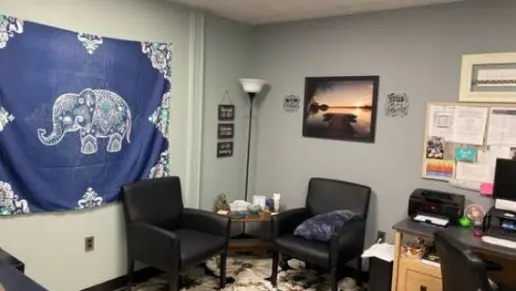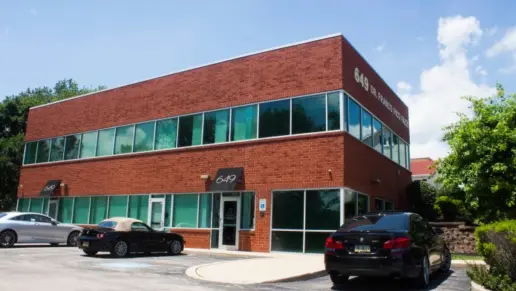About Chester County Intermediate Unit
Chester County Intermediate Unit is a nonprofit organization in Downingtown, Pennsylvania that partners with local schools to offer supplemental services to students k-12. Among those services are behavioral health and mental health services including treatment for substance use disorder.
The primary program they have here for addiction treatment is called Changes. It’s a drug and alcohol addiction treatment program for teenagers with substance use disorder that’s preventing them from thriving in a traditional school. This program has a partial hospitalization level or an intensive outpatient level of care depending on what your child needs.
The program combines direct addiction treatment with schooling and life skills. The goal is to not only help your child overcome their addiction but also give them the skills and knowledge they need to establish a strong foundation for their adult life. They ideally hope to rehabilitate students to be able to return to a traditional school.
During that program, your child will have individual therapy and group therapy for drug and alcohol addiction. They’ll be in a therapeutic environment designed to give them a leg up on life while getting the individualized and attentive schooling they need to succeed.
If your child is struggling with addiction or other behavioral health issues but doesn’t need that intensive of a level of treatment there’s also a program called TEACH. This is a school based treatment program that individualizes your child’s education and provides behavioral health treatment like group therapy.
Clients have widely varying feedback about this facility depending on the services they use. Overall though parents and students alike have found productive and positive help here that has allowed them to create a brighter future for themselves.
Latest Reviews
Rehab Score
Gallery

Location
Other Forms of Payment
Medicaid is a state based program that helps lower-income individuals and families pay for healthcare. Medicaid covers addiction treatment so those enrolled can use their coverage to pay for rehab. When a program accepts Medicaid the client often pays very little or nothing out of their own pocket.
Private insurance refers to any kind of healthcare coverage that isn't from the state or federal government. This includes individual and family plans offered by an employer or purchased from the Insurance Marketplace. Every plan will have different requirements and out of pocket costs so be sure to get the full details before you start treatment.
Self-pay involves paying for treatment out of your own pocket. You can use savings or credit, get a personal loan, or receive help from family and friends to fund your treatment. If you don't have insurance or your insurance plan doesn't cover a specific program, self-pay can help ensure you still get the care you need.
Addiction Treatments
Levels of Care
Treatments
Mental health rehabs focus on helping individuals recover from mental illnesses like bipolar disorder, clinical depression, anxiety disorders, schizophrenia, and more. Mental health professionals at these facilities are trained to understand and treat mental health issues, both in individual and group settings.
Programs

Clinical Services
Research clearly demonstrates that recovery is far more successful and sustainable when loved ones like family members participate in rehab and substance abuse treatment. Genetic factors may be at play when it comes to drug and alcohol addiction, as well as mental health issues. Family dynamics often play a critical role in addiction triggers, and if properly educated, family members can be a strong source of support when it comes to rehabilitation.
Group therapy is any therapeutic work that happens in a group (not one-on-one). There are a number of different group therapy modalities, including support groups, experiential therapy, psycho-education, and more. Group therapy involves treatment as well as processing interaction between group members.
In individual therapy, a patient meets one-on-one with a trained psychologist or counselor. Therapy is a pivotal part of effective substance abuse treatment, as it often covers root causes of addiction, including challenges faced by the patient in their social, family, and work/school life.
Life skills trainings involve all the skills a person must have in order to function successfully in the world. These include time management, career guidance, money management, and effective communication. Truly successful addiction recovery is based on the ability to not only live substance-free, but to thrive. Life skills teaches the practical necessities of functioning in society, which sets clients up for success in life, and therefore sobriety.
Contact Information
455 Boot Road
Downingtown, PA 19335


